I’ve been waiting to do an interview with long-time soccer exec Peter Wilt since the day I launched this site. I met Peter at the Women’s Professional Soccer Cup in 2009, when he was the President and CEO of the Chicago Red Stars and I was the GM of the Boston Breakers. He’s a terrific storyteller and has worked in a quite a few leagues that we write about here on Fun While It Lasted. Frankly, I didn’t want to waste an interview with Peter early on when nobody was visiting the site. I decided to celebrate the New Year (and much improved site traffic) by re-connecting with him.
Peter has run franchises in men’s, women’s and indoor soccer, highlighted by eight years as the founding President and General Manager of the Chicago Fire of Major League Soccer. He has won a MLS Cup (1998) and was instrumental in the construction of Toyota Park, the soccer-specific home of the Fire, in Bridgeview, Illinois. He has launched countless careers in the sports industry and that made him a perfect fit for this interview series.
Only I didn’t want to talk about soccer. Peter began his own sports career in 1983 as a Public Relations assistant with the Milwaukee Admirals of the rough and tumble International Hockey League. Peter was kind enough to share his memories of the 1980’s Admirals. He also shared what he looks for (and guards against) when hiring people into the sports business.
The following is an excerpt of our complete interview with Peter Wilt. Click here to read the full piece.
“Jack of All Trades”
F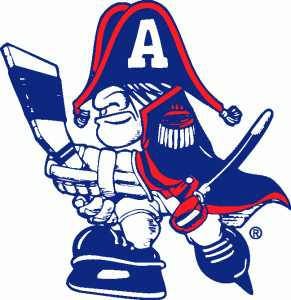 WiL:
WiL:
Can you tell me how you landed your first job with the Admirals in 1983?
Wilt:
After I graduated, I couldn’t find a job. For about eight months I was working on a book which was really a way to stall things and convince my mother to continue sending me money for rent. It was a book about the history of trades in baseball. Anyway, I then got a notice in the mail from the Assistant Dean of the journalism school at Marquette who was helping me try to find a job.
It was a notice for a general assignment reporter at the Kankakee, Illinois newspaper and I had zero interest in it. But, serendipitously, on the back was a job notice for the Milwaukee Admirals of the International Hockey League hiring a PR assistant. So I said to myself, I don’t want to go to Kankakee, but the Admirals job is exactly the type of job that I am looking for.
I called up several times and eventually got an interview with Phil Wittliff, the Admirals GM. Phil was really curious about my usher’s job at the Milwaukee Brewers. I’m sure he was disappointed when I quit the Brewers job a couple of months later and took away his opportunity to sneak into County Stadium.
It was a jack-of-all-trades position, which was exactly what I needed because I didn’t go to sports management school. That barely existed as a concept when I was in school. I had the strong desire to go into the business, but I didn’t have the formal training. With the Admirals, which was a very small organization of seven employees at the time, I really got the opportunity to learn the business from the ground up.
Beer Drinkers & Hell Raisers
FWiL:
When you got to the Admirals in the mid-80’s, where did you think they stood on the totem pole of Milwaukee sports at that time?
Wilt:
The only team below them was the Milwaukee Wave indoor soccer team that started in 1984. In Milwaukee, you had the Packers, the Bucks, the Brewers, Marquette and the Badgers over in Madison that were all bigger deals.
Interesting thing about the Admirals – we were maybe the only pro team in history to have five beer sponsors. This was back when Milwaukee was truly a brewery city. We had Pabst, Budweiser, Schlitz, Miller and Old Style. We only averaged about 3,500 a game at the MECCA Arena. The Bucks were playing there at the same time and selling out just about every game at about 11,000 fans a game. And we were selling more beer each night than the Bucks!
IHL Memories
FWiL:
Who were some of the more memorable or outsized personalities who were involved in the IHL in that era?
Wilt:
The Admirals had a player named Barry Scully and we traded him. I drove him to the airport. Back then there was no security. We were late for the plane and I was trying to get him to run, but he refused. And he also refused to get onto a propeller plane. He kept saying to me ‘this isn’t a propeller plane is it’? And he finally got to the gate agent and demanded to know if they were trying to put him on a propeller plane. And the agent looked at him with a straight face and said ‘No, it’s a turbo prop’. And that calmed him down and he didn’t realize a turbo prop and a propeller plane were the same thing until it was basically too late.
Then there was Danny Lecours. He was a five-foot nothin’ Frenchman who was a superstar at the IHL level. He scored 75 goals one year in the IHL! Danny could never get a call up to the NHL because of his size. Great guy. And his career basically ended because of the Blackhawks affiliation. He had scored 57 goals for the Admirals the year before the Blackhawks came in, but they didn’t want him.
His wife Jan was from Milwaukee and had a good nursing job in the city, so he couldn’t really relocate to another city. So he ended up getting a construction job building the Bradley Center, the new arena in Milwaukee. The Bradley Center was built with money donated by Jane and Lloyd Pettit, the Admirals’ owners. What a lot of people don’t realize is that it was built as a hockey building. They wanted an NHL expansion team, but once they saw the going price they lost interest. Not that they didn’t have the money, but they just didn’t think it was a good investment and they kept the Admirals instead.
But Danny Lecours went from a star player on the Admirals to literally building the new arena for his team.
Follow The Money
FWiL:
You mentioned that Mike Wojciechowski was your mentor at the Admirals. What lessons did you take from Mike – or self taught lessons perhaps – that you have applied in your subsequent jobs in the sports industry?
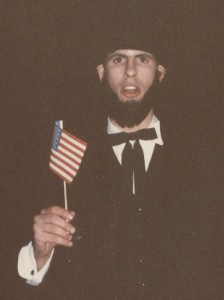
Wilt:
In general, the lessons I learned from Wojo were about how it all revolves around sales. He essentially told me to follow the money.
Later on in my career I was working with the Milwaukee Wave indoor soccer team. I had an opportunity to move to the Cleveland Crunch of the Major Indoor Soccer League for a pure public relations position for considerably more money. And I turned it down because it didn’t have a sales aspect to it. I remembered that Wojo told me that to grow in sports, you need to be tied to the revenue stream.
The reason I left the Admirals in 1987 was that I had nowhere to move up in the organization. The only logical job for me to take was Wojo’s and it didn’t seem like he was going anywhere. And I was right. That was 1987 and now it is 2011 and he is still there!
And, of course he taught me that sports was entertainment. There was a year when we tried to have a mascot for every single game, beyond the Admirals normal mascot. One or both of us would dress up almost every game. If Disney On Ice or Sesame Street Live was coming we would get the costumes shipped in advance and borrow a couple. For President’s day I dressed up as Abraham Lincoln and he dressed up as George Washington and we had him pop out of a birthday cake at center ice. My dad was a Lincoln-o-phile and I think his proudest moment during my career was seeing my out on the ice dressed as Abe Lincoln refereeing the Pee Wee hockey game between periods.
Breaking Into Sports
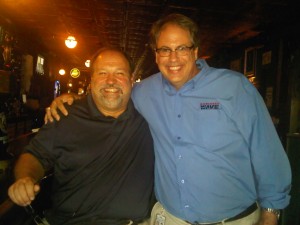
FWiL:
Last question. Later in your career, you’ve been in a position to provide a lot of first jobs into the sports industry. What are some things you consistently look for in a job seeker trying to get their foot in the door and conversely what are a few red flags that a job seeker might put out that would cost them an opportunity to work for a Peter Wilt organization?
Wilt:
For better or worse, when I interview people I know within two minutes if I want to hire them. The rest of it is a song and dance to justify their time with me.
The things I look for are personality, character, intelligence, desire. To delve a little deeper, experience is important. The thing I really don’t care about is education.
As far as red flags, I don’t like Notre Dame grads and I don’t like attorneys. I hate getting resumes from attorneys who are convinced that they are ready for a life altering experience and job and I’ll be fortunate to hire them. You get a lot of those. I’d rather have a hungry 22-year old than a fat and sassy 35-year old.
Click Here For The Full Interview
##

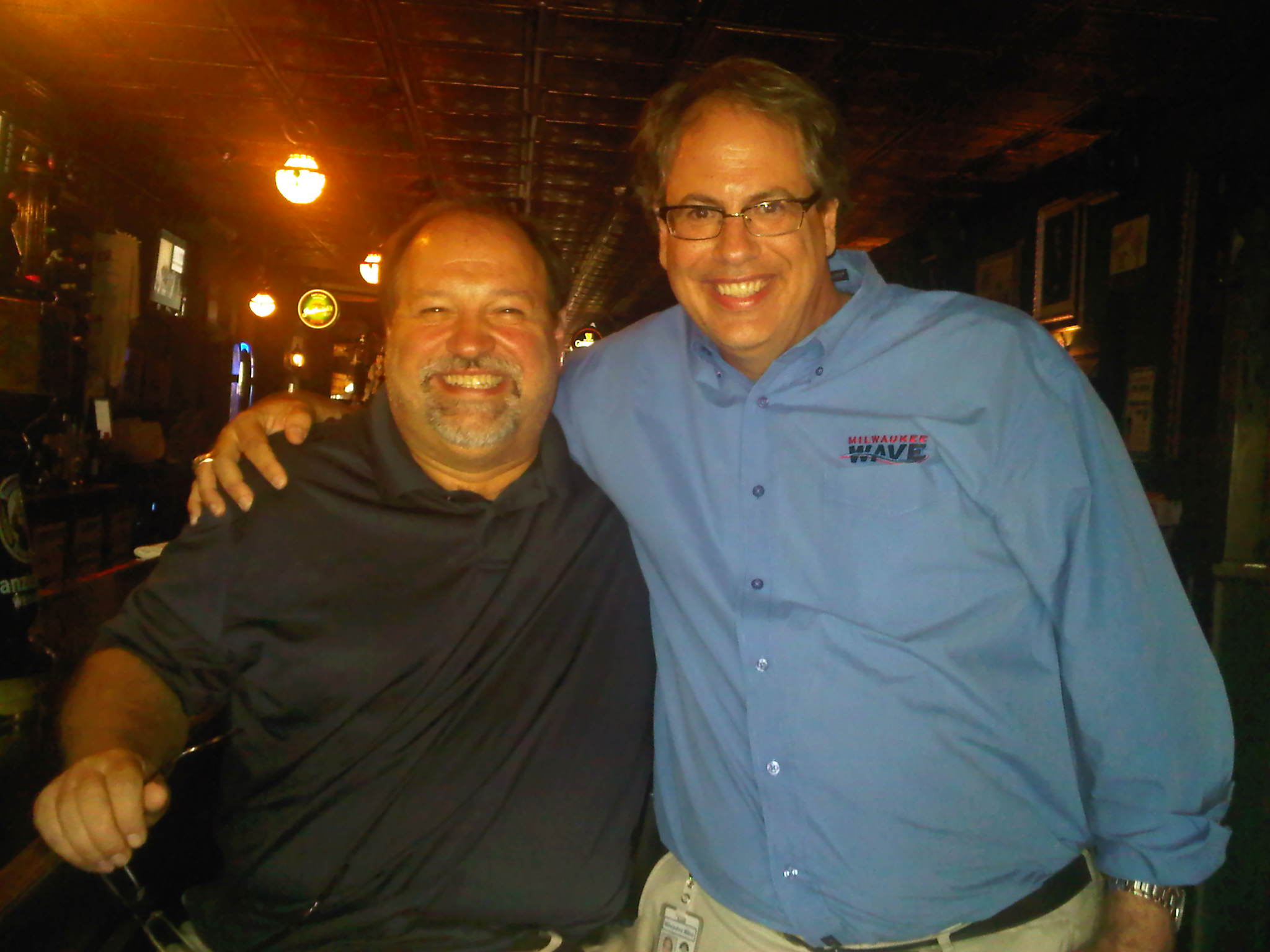
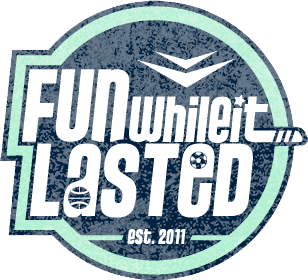
3 Responses
Awesome! RT @AMCrossley: A @PeterWilt1 interview w/no soccer?! On hockey, breaking into sports & his bias vs. ND grads. http://t.co/VBTqRSqu
@Real_PeterEvans thx. Will do. Did u know @peterwilt1 started his career in pro hockey!?! See this article: http://t.co/jCrsYeIP